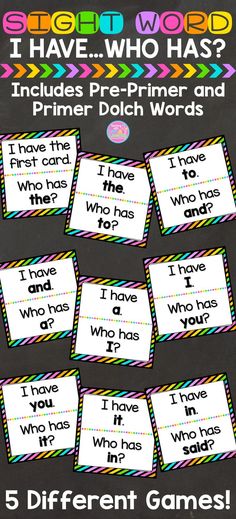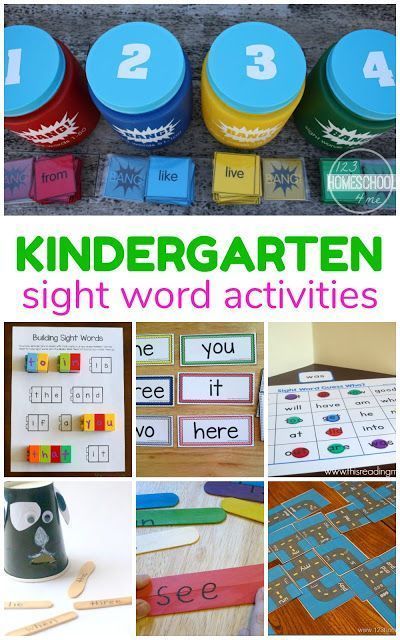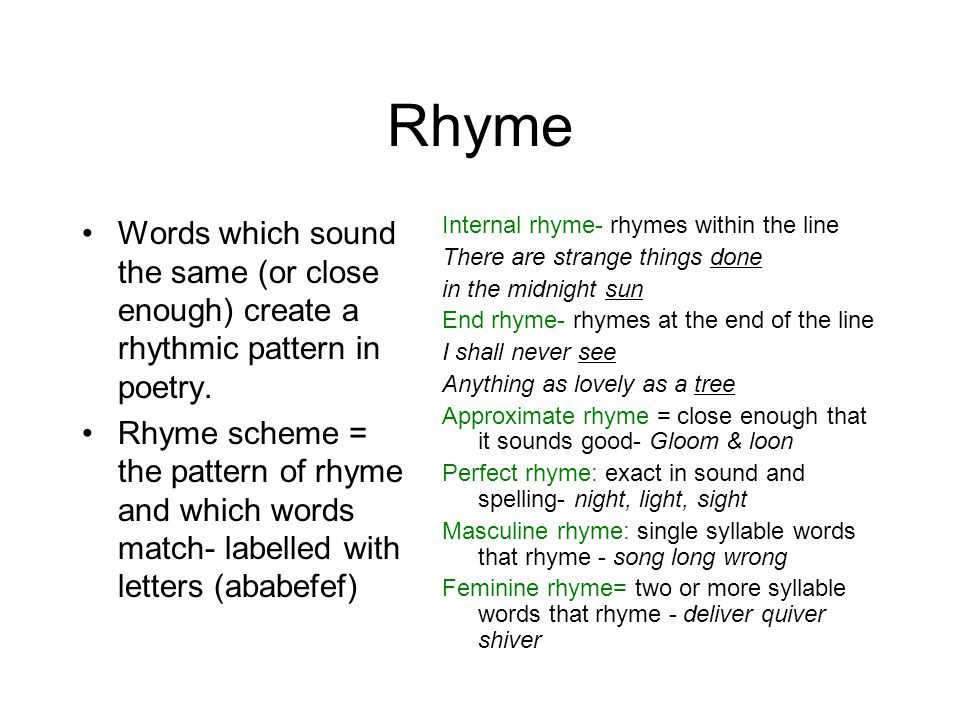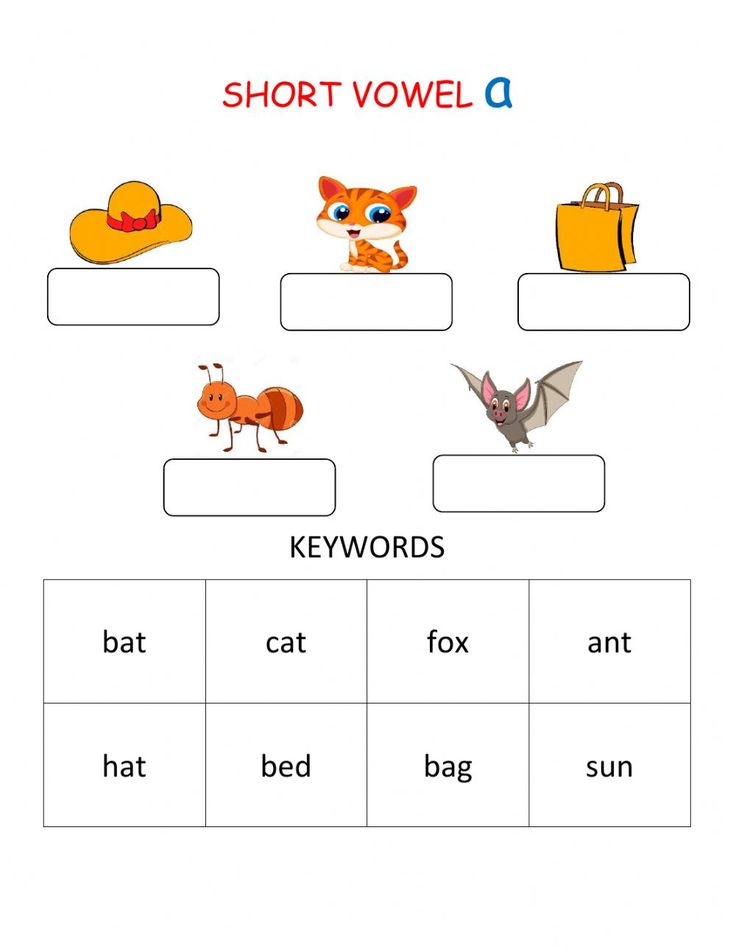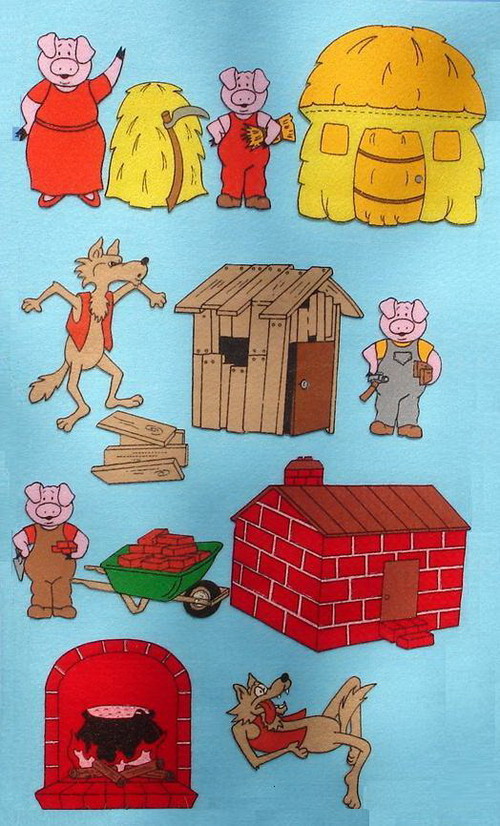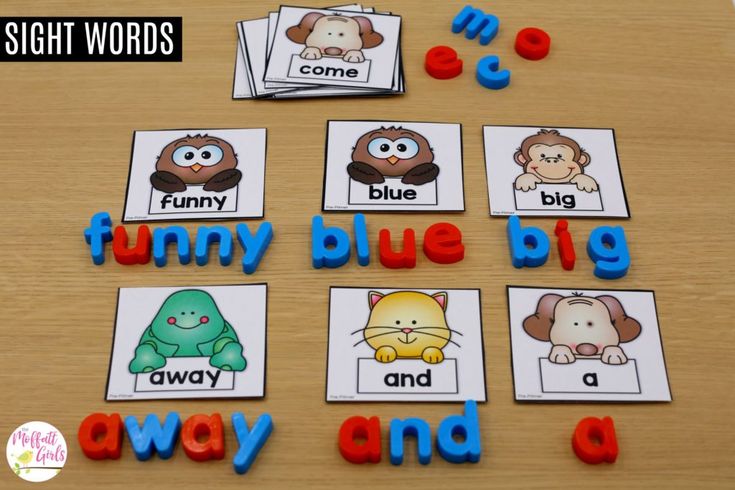Having fun teaching sight words
Sight Words - Free Interactive Videos • Engaging Sight Word Practice
Did you know that about 75% of what we read is comprised of sight words? These free interactive sight word videos will aid in building this all-important reading foundation. It is imperative that kids master reading sight words with automaticity. There are tons of interactive educational videos to aid with teaching these all-important sight words. It is imperative that students commit these words to memory. The quicker they can recall these words when reading the more effortless reading becomes. Giving kids a list of words to recite over and over is just not the best way to get these tricky words to stick. However, add movement and music and something magical begins to happen!
Why are music and movement are important?
Ever notice that even as adults how quickly we can recall the lyrics of a song, including songs from our youth? Think about how quick children are to memorize fingerplays, chants, and rhymes. The use of a little music and movement makes these far more memorable! This same thing occurs for children when learning nearly anything. Just some simple movement and music act like educational glue for young learners. Below are a few of the more popular free videos for teaching sight words.
Jack Hartmann Kids Music Channel
Jack Hartman has free interactive videos for teaching sight words and so much more! His collection of ‘Jump Out Words videos is great for adding movement while teaching sight words. There are 4 different videos or volumes for teaching 4 different sets of sight words. Kids do various movements like, roll their arms or twist, as they say, spell, say the words along with Jack throughout the videos. The movement switches up throughout the video.
Volume 1 Jump out Word
Jack Hartmann’s Sight Word Rap collection is another fun and free way to practice sight words. The first time through students will spell and say the word with Jack. The second time they spell the word with Jack and then they say the word independently.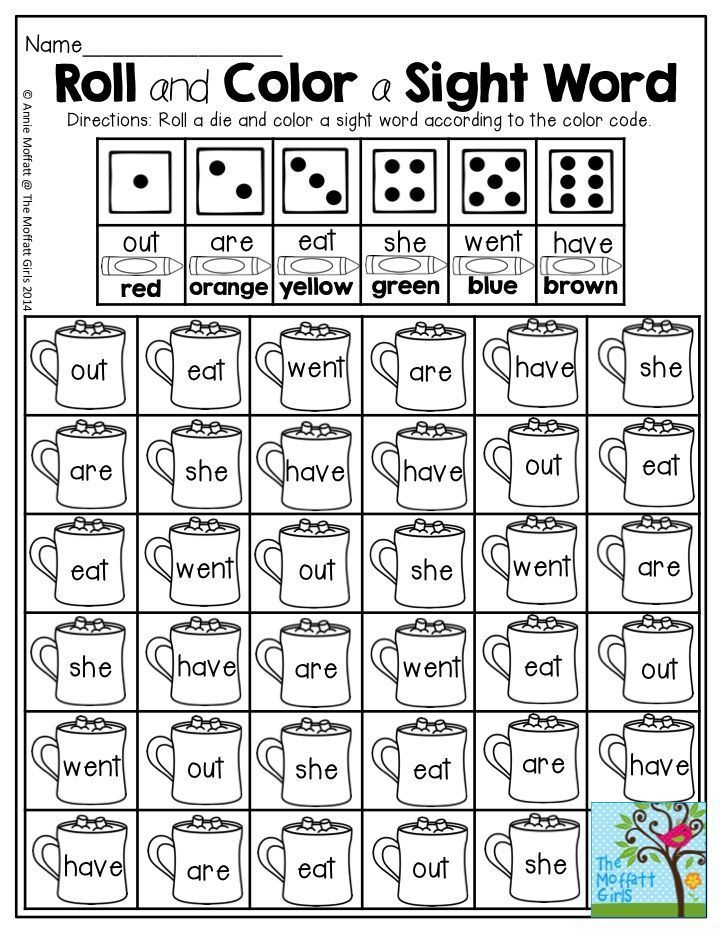 The third time students will spell and say the word independently and then say the sight word three times for practice. Kids love the funky beats, and the opportunity to use silly voices while learning sight words with these free educational videos.
The third time students will spell and say the word independently and then say the sight word three times for practice. Kids love the funky beats, and the opportunity to use silly voices while learning sight words with these free educational videos.
Sight Word Rap Volume 1
Have Fun Teaching also has some great free interactive music videos for teaching sight words. The catchy tunes paired with these videos make learning sight words entertaining! Have Fun Teaching presents sight words in a variety of ways to help keep kids from getting bored and extend their learning along the way! They have videos for individual sight words, videos with multiple sight words, and sight words used in sentences.
Primer Sight Word List – Includes all Primer Sight Words – The Videos Show the word, Spell the word, then follows up by using it in a sentence all to catchy music.
Sight Word Video – Come
The individual sight word videos each repeat the word with fun music, then spell it repeatedly, and finally display and use it in a sentence.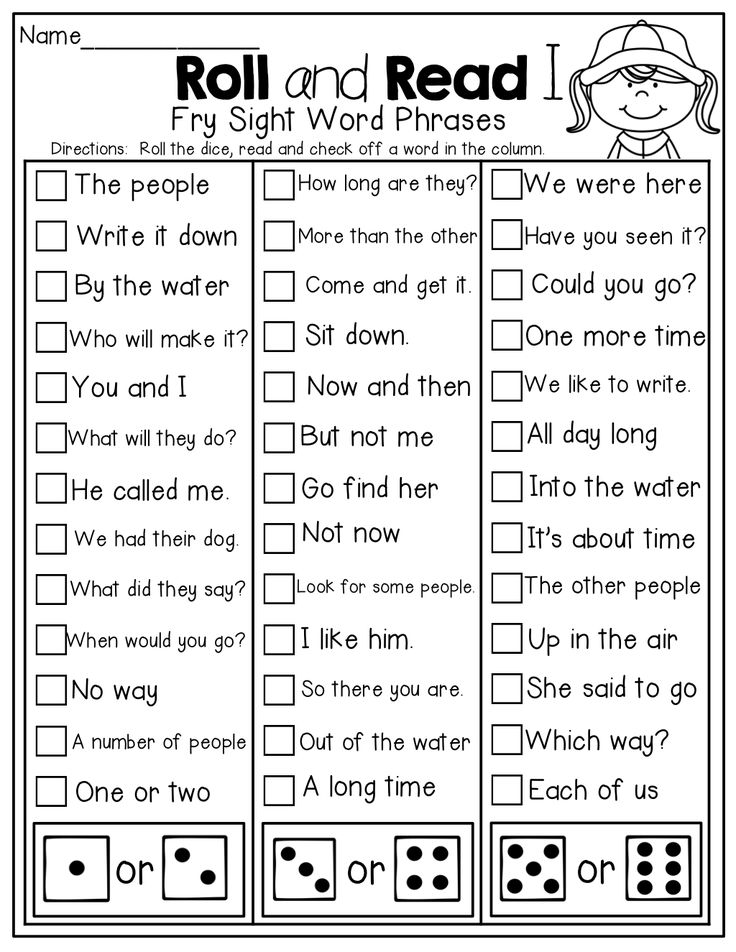 All with a pause for kids to repeat it with the music.
All with a pause for kids to repeat it with the music.
Harry Kindergarten has exciting Hip Sight Word Songs and Videos for the K-2 Classroom. He is a full-time Kindergarten teacher who knows how important Sight Words are for beginning readers. He is aware of what is required to entertain while teaching such eager minds and active bodies!
The Sight Word Song (Version 1)
Reading Robot
These energetic videos include a fun little mouse sidekick to cheer the kids on to fun music as they listen, repeat, and read the sight words. After a brief practice of several words, the words appear in a big speech bubble for kids to attempt to read on their own. ELF has 4 videos that include 25 sight words per video. I have added a small stuffed mouse as a mascot in my classroom to use with the videos. The kids get excited when ‘he’ comes out to ‘practice’ those important words!
25 Sight Words for Kindergarten #1
These interactive sight word videos have a fun surprise built right into them! Students repeat the displayed sight words.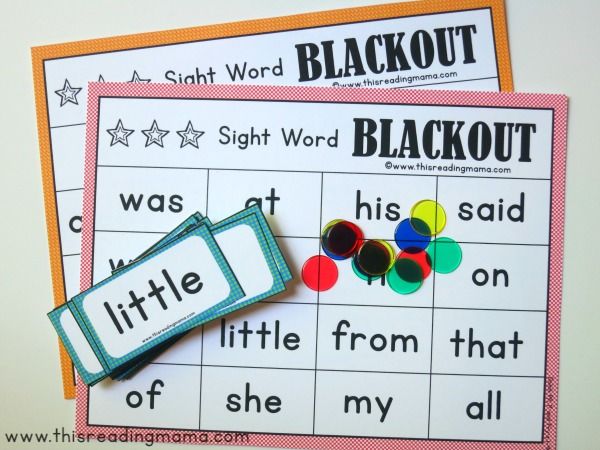 Then, after so many sight words there’s a ‘surprise’! The word ‘dance’ pops up, and fun dance music plays so the kids can freestyle dance until the next word is displayed. A fun brain break is already included within this groovy sight word practice. Sight words are provided for grades Pre-K through First Grade. They also have a similarly styled video set that matches the Fry Sight Word Lists.
Then, after so many sight words there’s a ‘surprise’! The word ‘dance’ pops up, and fun dance music plays so the kids can freestyle dance until the next word is displayed. A fun brain break is already included within this groovy sight word practice. Sight words are provided for grades Pre-K through First Grade. They also have a similarly styled video set that matches the Fry Sight Word Lists.
Kindergarten Sight Word Video
First Grade Sight Word Video
Want to add more consistent movement to your daily learning activities with the click of a mouse? Check out my Fluency & Fitness+ Program. It is a fun innovation of combining fluency practice with movement, the kiddos just love the surprising brain breaks within each ‘video’. It is an online subscription service that includes engaging videos with brain breaks already embedded! Fluency&Fitness+ includes task cards and another interactive piece called Fluency Find It! Students watch the slides and use a form, that is provided, to either ‘find’ the answer or to kick it up a level, write the answer.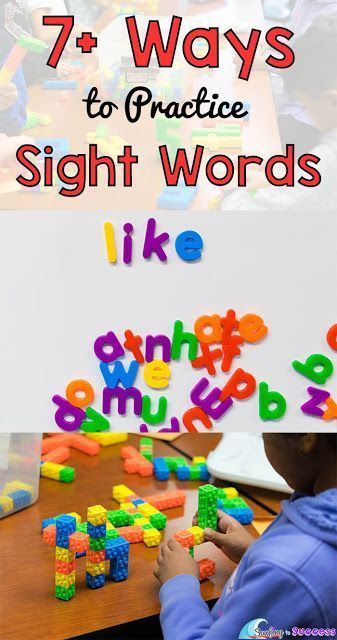 These activities are great for grades Pre-K through Second. They can easily be used for a refresher in Third Grade as well. Although the Fluency & Fitness+ membership is a paid program, you can sign up below to try a few videos for FREE!
These activities are great for grades Pre-K through Second. They can easily be used for a refresher in Third Grade as well. Although the Fluency & Fitness+ membership is a paid program, you can sign up below to try a few videos for FREE!
Having Fun Teaching Sight Words Tips and Tricks for Teachers
Activities, Helpful Tipssight words
0 Comment
Sight words are one of my favorite things to teach children. I love seeing them light up when they start to read and everything comes together. I am always having fun teaching sight words. It’s easy to do with the right activities, tips, and tricks. I’ve compiled my best tips and tricks to help you effectively teach sight words.
Why are Sight Words Important
Before we dive into the fun online sight word games, let’s talk about why sight words are important. Sight words are high-frequency words.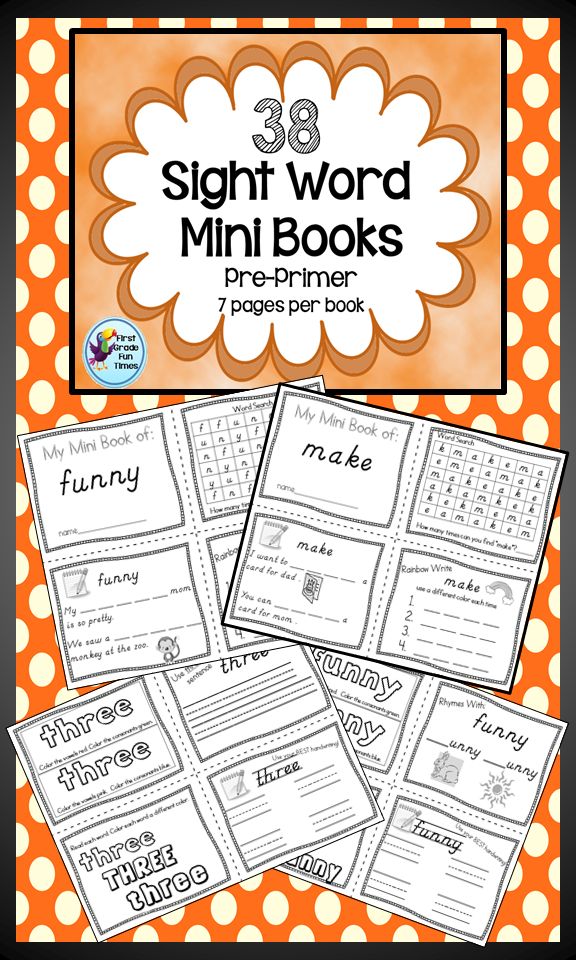 They appear in text most often. We can’t use basic phonics skills to decode sight words. We need to look and recognize these words without sounding them out.
They appear in text most often. We can’t use basic phonics skills to decode sight words. We need to look and recognize these words without sounding them out.
Sight words are immediately recognizable. Some examples are and, best, or does because they don’t follow the rules of spelling. These sight words need to be memorized since decoding them is difficult for children.
Teaching sight words to students helps them to read more fluently. This helps them to feel more confident when reading. They are able to understand text better and even write better.
What Is the Best Way to Teach Sight Words
Every teacher will probably give you a different answer to this question. As with everything, I find teaching sight words is best through hands-on activities, interactive play, and a little bit of worksheets. Working on sight word practice every day is very important. It takes a lot of repetition and practice for children to understand and memorize sight words. When you make it part of your every day learning, you’ll be surprised how quickly they pick it up!
When you make it part of your every day learning, you’ll be surprised how quickly they pick it up!
Best Tips for Having Fun Teaching Sight Words
Introduce the Sight Word
- Show your student the sight word and say its name. Have them repeat it.
- Say each letter in the word. For example, and is spelled a n d.
- Name the individual phonemes (sounds) in the sight word. For example, in the word and, there are 3 phonemes: /a/, /n/, and /d/.
- As you say each letter and it’s sound, point out any unexpected spellings. For example, we spell is with /i/ and the /z/ sound is spelled with an s. That can be confusing for early readers, so we want to make sure to talk about it as we learn each sight word.
Sight Word Writing
It’s important that children learn to not only read sight words, but also to write them. This helps reinforce phonemes and builds muscle memory. Here are some ideas:
- Writing with shaving cream.
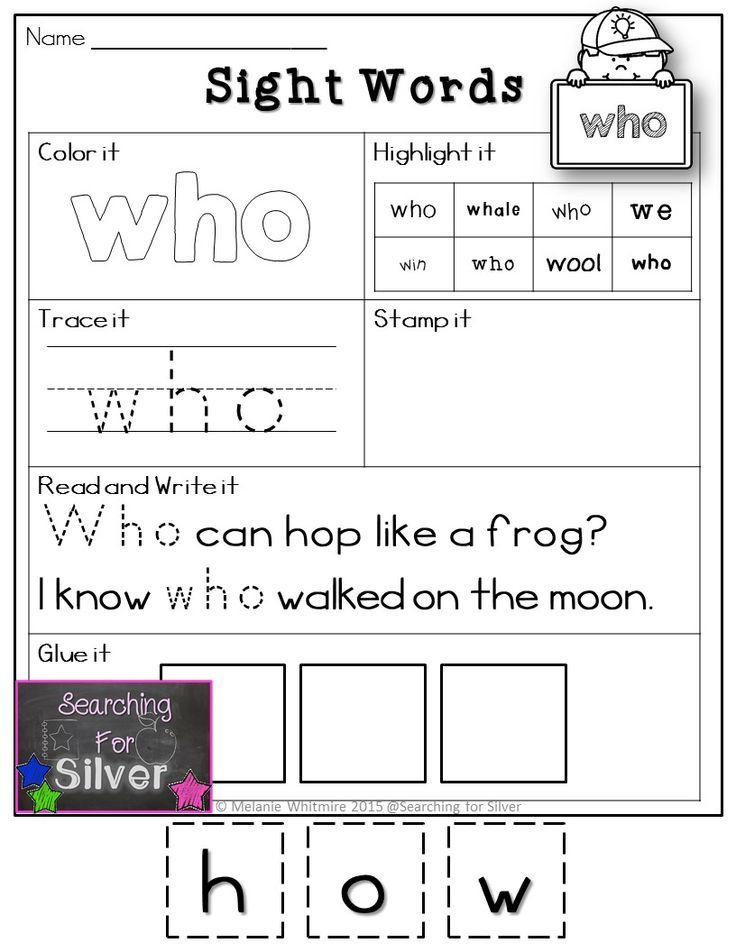 This is always a big hit with children. I use a tray to keep the mess contained. I then spray a bunch of shaving cream on it (usually bought from the dollar store). We then use sight words for the children to look at and copy writing in the shaving cream.
This is always a big hit with children. I use a tray to keep the mess contained. I then spray a bunch of shaving cream on it (usually bought from the dollar store). We then use sight words for the children to look at and copy writing in the shaving cream.
- Writing in sand or salt. This is the same concept as writing in shaving cream, but we use the eraser side of a pencil or our finger to write in the sand.
- Sight word practice worksheets. These are perfect for children learning to identify and write the sight word. They will work on phonemes as they decode the sight word at the end of this activity. You can grab all Dolch Sight Word Practice worksheets here or Fry’s first 300 sight words here.
Online Sight Word Games
I love using online games and activities when teaching. Children love technology. These sight word Boom Cards are a great addition to our sight word lessons. I have included audio directions on each slide that are optional to use and very helpful.
Have you tried online games yet? They’re great for morning work, centers, small group time or homework. What I specifically love about these Sight Word Online Games is how easy they are to use. Children are so engaged playing them. And the best part for teachers…they’re self checking! That saves you SO MUCH TIME! You can read more about these online games here.
Hands-on Sight Word Activities
You know that I always love hands-on activities. The more materials you can bring into learning, the more your students learn. It engages their long-term memory. Here are some ideas for hands-on activities to teach sight words:
- Planting Sight Words: This activity is perfect for learning sight words and children’s names. It uses play dough and magnetic letters. You can edit the PDF document to enter any sight word you want and the activity automatically populates. Then print, grab some play dough and magnetic letters, and enjoy! You can grab the Planting Sight Words Activity here.
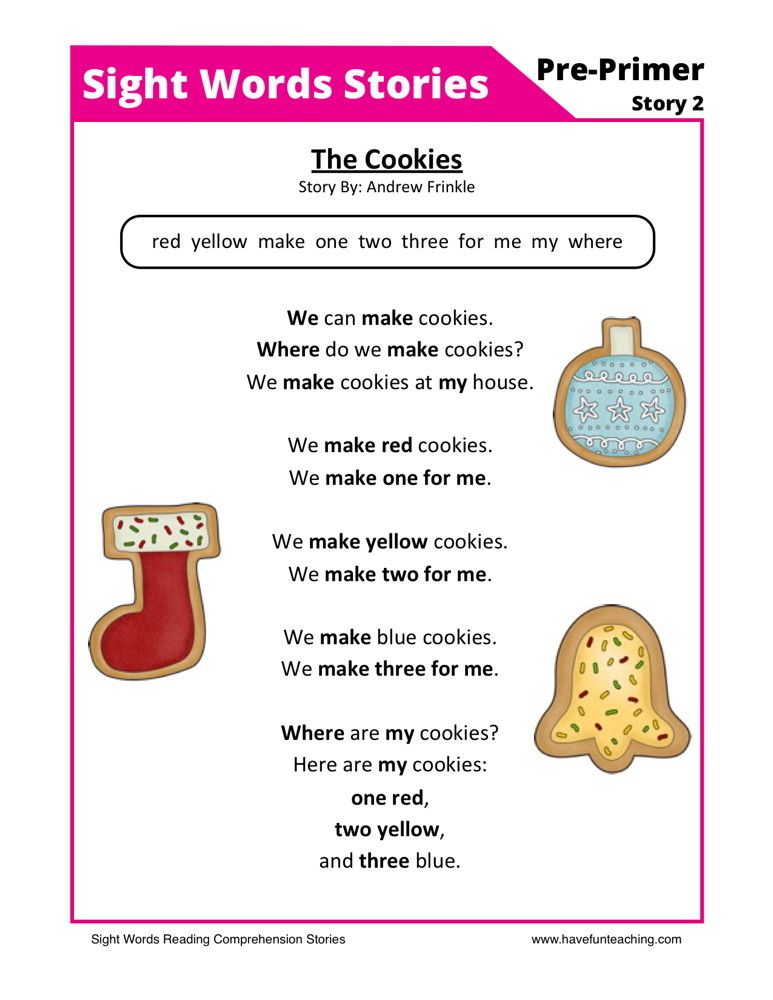
- Stamp the sight word with alphabet stamps. This is simple, but very effective. Just grab some stamps and display the sight word. You can have it on an interactive board, a whiteboard, or use flash cards. Children will then look at the word and stamp it on a piece of paper. This also works on fine motors skills.
Practice, Practice, Practice
It takes a ton of practice for children to master sight words. Work on them every day in different ways, and they’ll catch on in no time. Remember to keep it fun and interactive and you’ll be having fun teaching sight words.
3 Online Sight Word Games for Kids 5 Tips for Social Emotional Development Early Childhood
HtmlReader
(Title pages) // Russian Archive: History of the Fatherland in evidence and documents of the 18th-20th centuries: Almanac. - M .: Studio TRITE: Ros. Archive, 2001. - [T. XI]. - P. 1-4.
Two feelings are marvelously close to us -
Food in them:
Love for the native ashes,
Love for paternal coffins .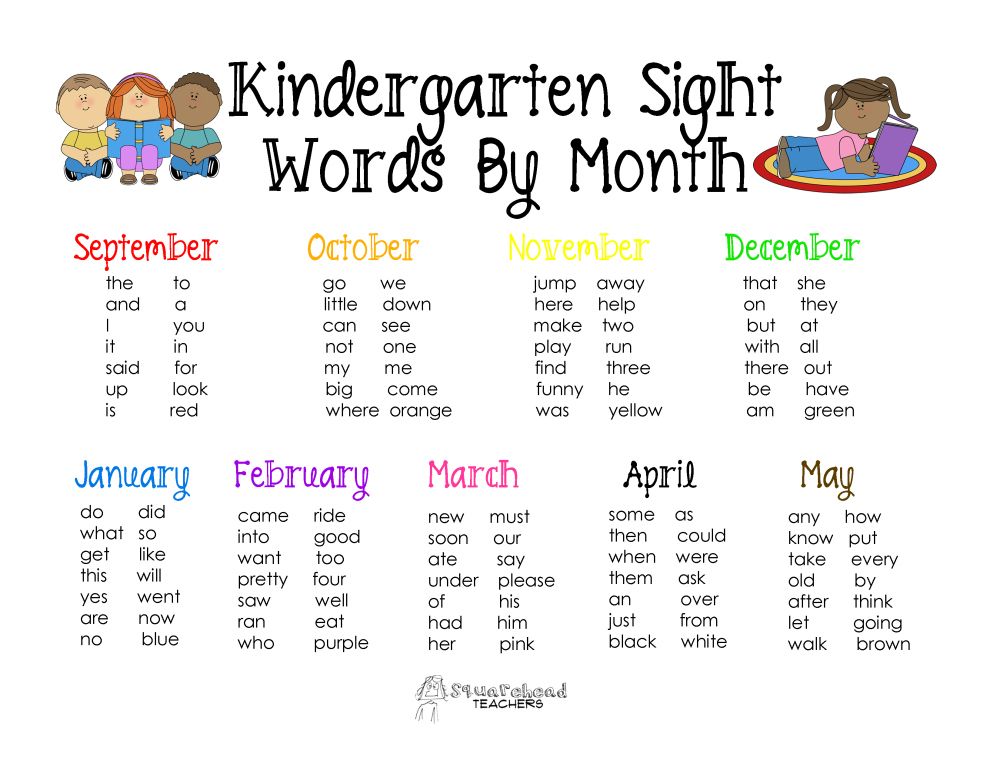 ..
..
A. Pushkin
Rossiyski
History of the Fatherland in Certificates and Documents
XVIII-XX centuries
—0002-------#Text>
New series
Russian Culture Foundation
Studio
TRITE
Nikita Mikhalkova
"Russian Archive"
Moscow
2001
UDK-94 (47)
BBC 63.3(2)5-7
R 76
Federal Book Publishing Program of Russia
Editorial Board
G.I. Vzdornov
A.D. Zaitsev 90 A.S.05 Mikhalkov Nalepin (chief editor)
T. E. Pavlova
P. V. Palievskiy
T. V. Pomeranskaya
V. V. Shibaeva
A. N. Doroshenko, S. T. Parsadanyan
Computer set
A. P. Melnikova
layout
V. A. Danilov
The authors of publications are responsible for the archeographic preparation of the text
0003
ISSN 0869-2009
ISBN 5-86566-035-7
© "The editors of the almanac "Russian Archive", 2001
Nalepin A. L. To our readers // Russian Archive: History of the Fatherland in testimonies and documents XVIII —XX centuries: Almanac. - M .: Studio TRITE: Ros. Archive, 2001. - [T. XI]. - P. 7-8.
L. To our readers // Russian Archive: History of the Fatherland in testimonies and documents XVIII —XX centuries: Almanac. - M .: Studio TRITE: Ros. Archive, 2001. - [T. XI]. - P. 7-8.
Ten years ago, the first volume of the Russian Archive was published. Then, in 1991, the editors pointed to the motives for the need for the emergence of a new type of archival publication in the Soviet historical and cultural space, focused on a historical document, and not on its subjective interpretation. Worried about the “depressing picture of the spiritual imperfection of modern society”, we naively believed that by setting ourselves the task of utilitarian and educational, we would be able through concrete historical knowledge to return to the reading public the sense of continuity and continuity of the historical process lost over many decades.
We wanted to solve this truly globally grandiose task with the help of the Book, accessible to everyone, both an enlightened person and not burdened by an excess of humanitarian knowledge, but still willing to make that same intellectual effort that sometimes creates the impossible.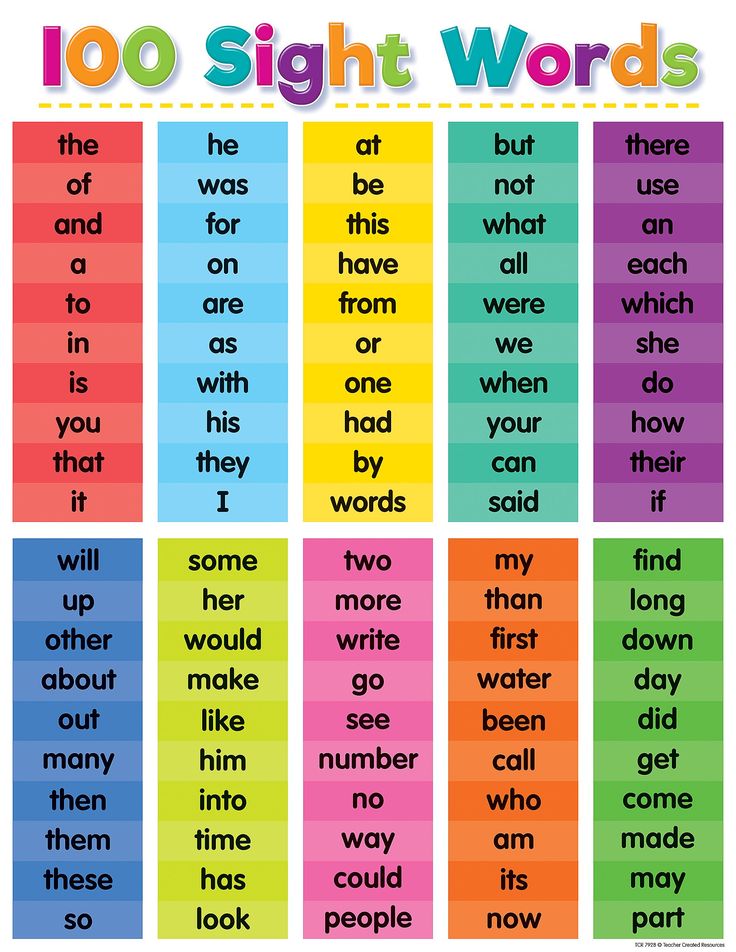 To some extent, these expectations were justified. The publication received its readership, specialists started talking and arguing about it, it was awarded the State Prize of the Russian Federation, a thesis devoted to the editorial principles of the Russian Archives was defended at the Historical and Archival Institute of the Russian State Humanitarian University. And yet those bitter words that were addressed to the reading public in Russia in 1991, as before, are relevant and in no way outdated. Moreover, if earlier, worried about the historical and spiritual nihilism of our contemporaries, we tried to oppose the publication of the “Russian Archive” to various kinds of momentary interpretations of Russian history, today the role of the “Russian Archive” is also seen as educational, since the flow of simplified commercial fiction is threateningly expanding, demanded by the omnivorous domestic market.
To some extent, these expectations were justified. The publication received its readership, specialists started talking and arguing about it, it was awarded the State Prize of the Russian Federation, a thesis devoted to the editorial principles of the Russian Archives was defended at the Historical and Archival Institute of the Russian State Humanitarian University. And yet those bitter words that were addressed to the reading public in Russia in 1991, as before, are relevant and in no way outdated. Moreover, if earlier, worried about the historical and spiritual nihilism of our contemporaries, we tried to oppose the publication of the “Russian Archive” to various kinds of momentary interpretations of Russian history, today the role of the “Russian Archive” is also seen as educational, since the flow of simplified commercial fiction is threateningly expanding, demanded by the omnivorous domestic market.
Starting the next stage of publishing the "Russian Archive" of the 21st century, its New Series, we leave the publishing principles unchanged.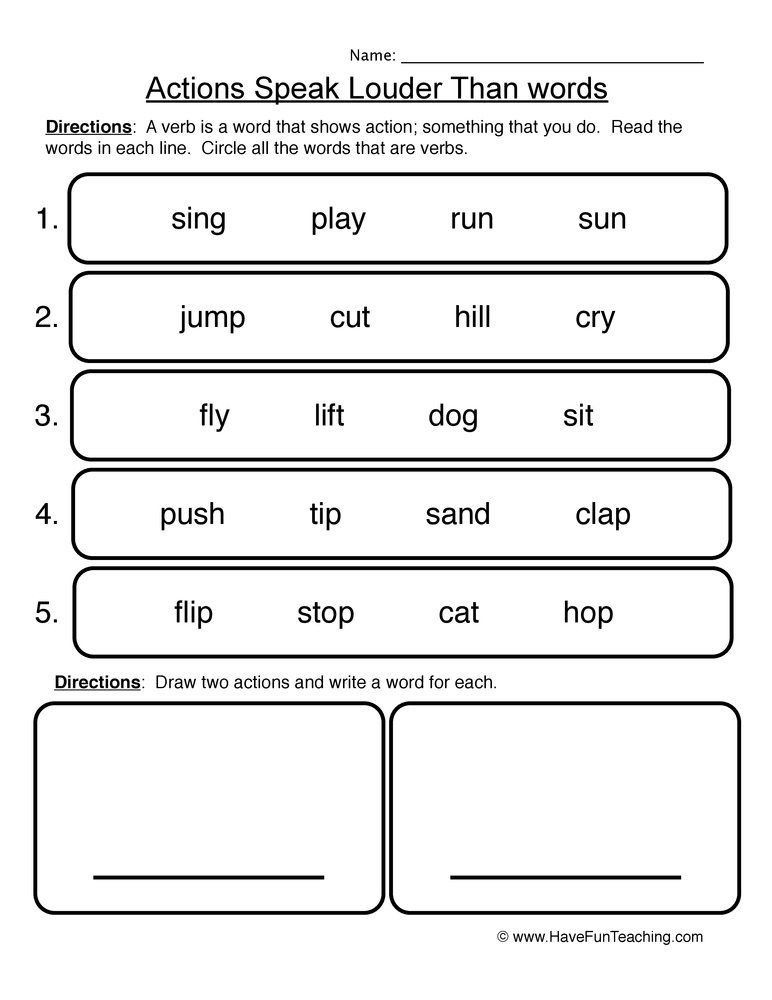 The appearance of the publication has undergone a change. We abandoned the traditional drawing on the cover of volumes, which is a stylized fragment of the 17th century icon “The Tree of the State of Moscow” by Simon Ushakov. We believe that the idea of statehood, which was definitely declared in the volumes of the “Russian Archive”, is quite clearly felt at the semantic level and there is no need for any other hint.
The appearance of the publication has undergone a change. We abandoned the traditional drawing on the cover of volumes, which is a stylized fragment of the 17th century icon “The Tree of the State of Moscow” by Simon Ushakov. We believe that the idea of statehood, which was definitely declared in the volumes of the “Russian Archive”, is quite clearly felt at the semantic level and there is no need for any other hint.
Since the volumes of the Russian Archives are published with a frequency of one volume per year, the new series of the Russian Archives will not have the traditional numbering of volumes, but only the year of publication will be indicated. For the already published series of the "Russian Archive" a reference volume "Key-pointer" will be published, which will not only continue the tradition of Russian serious scientific publications, but will also help researchers and ordinary readers in their work.
We would like to remain a non-fussy, intelligent (in the high sense of the word) publication, which “in our practical and money-loving age” will still follow not the vagaries of a changeable book market, but the precepts of Pushkin’s Pimen, who writes in front of the flickering lamp:
“Someday an industrious monk
Will find my diligent work, nameless,
He will light his lamp like me.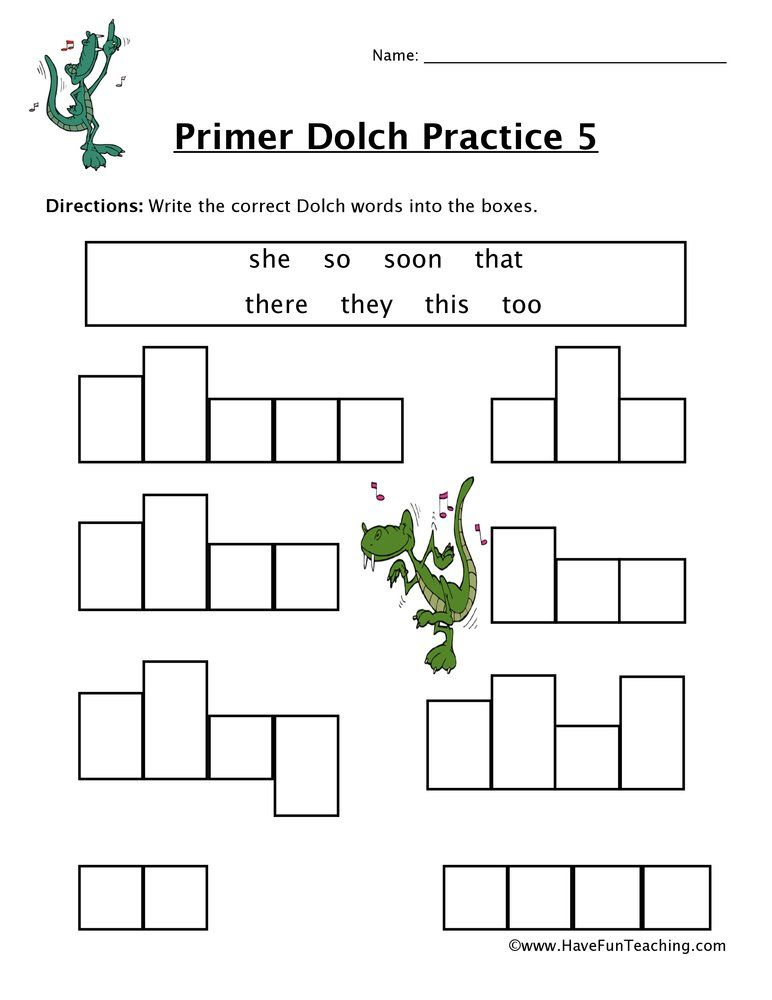
Shake off the dust of centuries from charters,
Rewrite true stories,
May the descendants of the Orthodox
Native land know the past fate,
They commemorate their great kings
For their labors, for glory, for good -
And for sins, for dark deeds
The Savior is humbly begged.
Chief editor of the almanac
A. L. Nalepin
527. I SING, I SING WELL: galkovsky — LiveJournal
The discussion in the thread before last gave me many pleasant minutes. The Russians showed their famous “but I’m not cold”, cubed by Soviet processing. Through which everyone has gone and goes. There are no non-Soviet people in this sense in the Russian Federation, and there will not be for a long time. This is not such a simple thing - CIVILIZATION, even if it is Soviet. Generations are needed to change its vector.
A number of comrades were indignant at the unsubstantiated statement about the lack of an ear for music. Indeed, they have a hearing. What's so difficult. "La" is "la", "do" is "do". Unclear? Then let's develop a HEARING. As arguments, the amazing musical abilities of the Vietnamese and other extrasensory perception are given.
Indeed, they have a hearing. What's so difficult. "La" is "la", "do" is "do". Unclear? Then let's develop a HEARING. As arguments, the amazing musical abilities of the Vietnamese and other extrasensory perception are given.
(Vietnamese is such a people in Indochina, absolutely mediocre in music. In the Far East, in general, only gong and cat screams, and then the Portuguese taught, but even against this background, the Vietnamese differ. No matter what the Vietnamese does, he only gets a machine gun. At first they arranged music for the French, then for the Americans, then for their brother the Chinese.Everyone from composers is still coughing.)
That is, the general school "Singing" is still pampering. It is necessary to conduct the subject "Development of hearing." And millions of children have three or four years to develop it. "According to the individual program."
It's a pity there are few color-blind people, otherwise it would have turned out to be a good Soviet "bear cub". "A Lesson in the Development of Color Vision Skills". "There are no fortresses that the Bolsheviks would not take."
"A Lesson in the Development of Color Vision Skills". "There are no fortresses that the Bolsheviks would not take."
Really, baby, listen: la-la-la-la-la-la-la. And this is to-to-to-to-to. Isn't it clear? Well, what snout twisted? Listen here: "la". Cho whined. "La". Freak genetic. I will make a man out of you, I will make them a hump, you will crawl to the grave. "La".
Mathematicians joined the musicians. Falcao was especially pleased. Falcao is such a nice person, he is fond of Brazil, he is a good conversationalist, he loves to joke and tell stories. But he is a mathematician. Professional. I will never forget the scene at the RL club. There, one of the members brought an elderly relative who had been writing a treatise on mathematics for ten years, which no one understands. Formula book. They asked Falcao to advise the little man. He, gobbling up a burrito, did not leave a stone unturned from the treatise in 15 minutes: look, this is elementary, but this is quite simple - at 1947 there was an article in the Alpha Centauri Galactic Herald, but here it is necessary to break the problem into four segments with 19 subparagraphs, but here it turns out a funny thing - formally it is, but in fact an aberration, because on page 18 in 23 formulas you say that. ..
..
And all this to the music and through table chatter. And without any vykabluchivaniya, but kindly, without ulterior motives. Just why not help grandfather - translate across the road.
There is always an element of coquetry in people, it is also in Falcao. But he really does not understand TO WHAT DEGREE he is different from mere mortals. He has a rare gift for an extreme degree of formalization of mental activity, the gift of absolute abstraction. One in 10,000 people has such abilities. Of course, if 100,000,000 people live in a country, then there could potentially be 10,000 mathematicians, given that not everyone is lucky with the realization of the gift, let it be 5,000, 2,000 really. Of course, these 2,000 form a caste, they constantly meet at symposiums. There are 6,000,000,000 people in the world, so there are not so few mathematicians on Earth - 600,000. This is a large city. And all mathematicians. But, stewing in their own juice, to some extent they ALL lose their sense of reality and cease to understand that their very existence is ugliness. These are not people. This is the boundary fluctuation of the species.
These are not people. This is the boundary fluctuation of the species.
But the almost complete lack of mathematical (not calculating) abilities in people is the genetic standard. These are normal people. It's just that their brains are arranged in such a way that they CANNOT abstract away from the content side of thinking. What ten apples are - represent what an abstract number is - no. The number for them is the icon "10" on paper. This they understand.
These are ordinary people, even smart ones, sometimes very smart ones. I generally leave the “problem of fools” behind the scenes. (The species of Homo sapiens is characterized by the presence of a certain percentage of absolutely normal individuals with an abruptly lower level of intelligence. Well, it happened. Like 15% of woodpeckers of the species of such and such have a beak 30% shorter than the standard one. It happens.)
A characteristic thesis of "improving people" was put forward a couple of times in the discussion.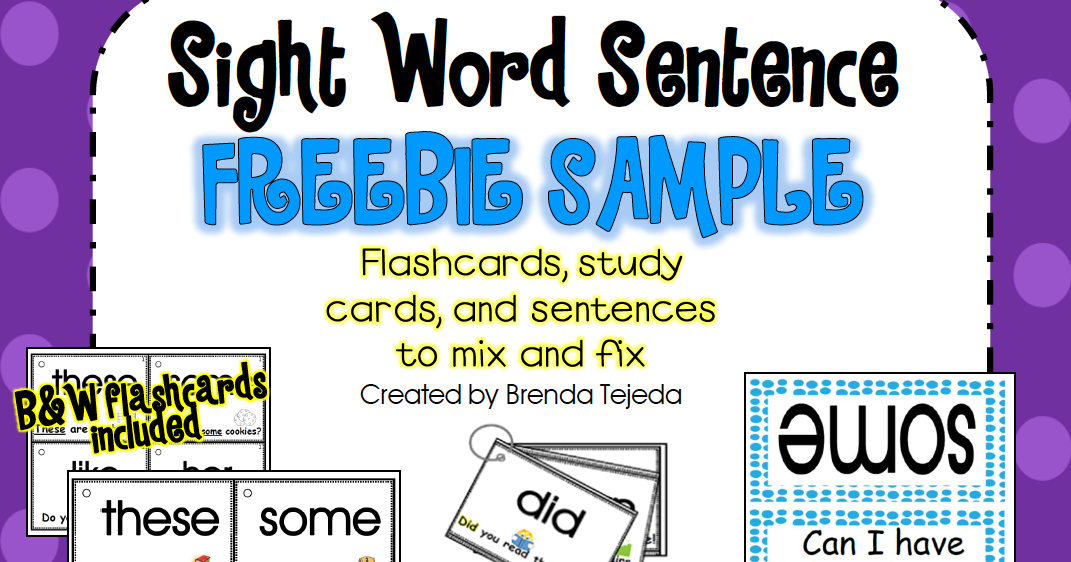 Like, at the beginning of the 19th century, primary education was a rarity, and at the end of the 20s they switched to universal secondary education. This is a very typical and very important misconception. Indeed, with the elimination of social barriers and the desacralization of knowledge, it turned out that man is a surprisingly intelligent creature. Everyone can be taught to read, write and count, and almost everyone can be trained in mathematics, physics, chemistry, biology, philology and history. In the middle of the 20th century, people began to have an educational euphoria. If it is possible to introduce universal higher education for money, we will introduce it. And this is where the most developed countries got burned. It turned out that it is possible to make higher education mass only by lowering the bar. In reality, the same 4% of the population can graduate from the university. And as for outstanding people, in general, "how lucky." Everything is in the hands of the Lord.
Like, at the beginning of the 19th century, primary education was a rarity, and at the end of the 20s they switched to universal secondary education. This is a very typical and very important misconception. Indeed, with the elimination of social barriers and the desacralization of knowledge, it turned out that man is a surprisingly intelligent creature. Everyone can be taught to read, write and count, and almost everyone can be trained in mathematics, physics, chemistry, biology, philology and history. In the middle of the 20th century, people began to have an educational euphoria. If it is possible to introduce universal higher education for money, we will introduce it. And this is where the most developed countries got burned. It turned out that it is possible to make higher education mass only by lowering the bar. In reality, the same 4% of the population can graduate from the university. And as for outstanding people, in general, "how lucky." Everything is in the hands of the Lord.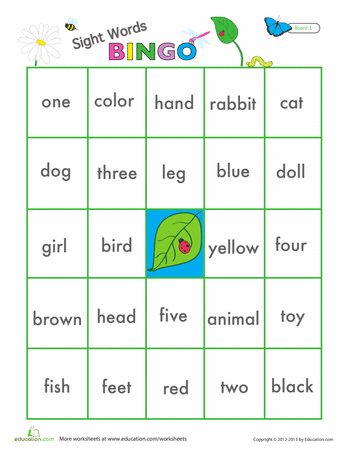 Stand at least on your ears, you can't milk Dostoevsky out of a billion Chinese. He will be born on his own - when it is necessary and from whom it is necessary. For reasons of political correctness, this is not advertised, but it is. And WHO SHOULD draw conclusions. I think that way in the 70-80s of the last century. The seventies mass culture is still serious (naive), and the eighties have already "done it for the working people." According to ready-made patterns and with a pre-calculated bar. The jump from the Beatles to Rachmaninov did not work. The result was a farce of McCartney's symphonic music.
Stand at least on your ears, you can't milk Dostoevsky out of a billion Chinese. He will be born on his own - when it is necessary and from whom it is necessary. For reasons of political correctness, this is not advertised, but it is. And WHO SHOULD draw conclusions. I think that way in the 70-80s of the last century. The seventies mass culture is still serious (naive), and the eighties have already "done it for the working people." According to ready-made patterns and with a pre-calculated bar. The jump from the Beatles to Rachmaninov did not work. The result was a farce of McCartney's symphonic music.
Falcao & Co. has extremely low self-esteem, inspired by their Soviet upbringing. They consider themselves "workers". Not respecting themselves and their talent, they do not respect others - those who are deprived of this talent. There is nothing shameful in the absence of talent. The most brilliant people have no talent in the vast majority of areas. The French proverb “talented in one thing - talented in everything” is not about talent, but about something else.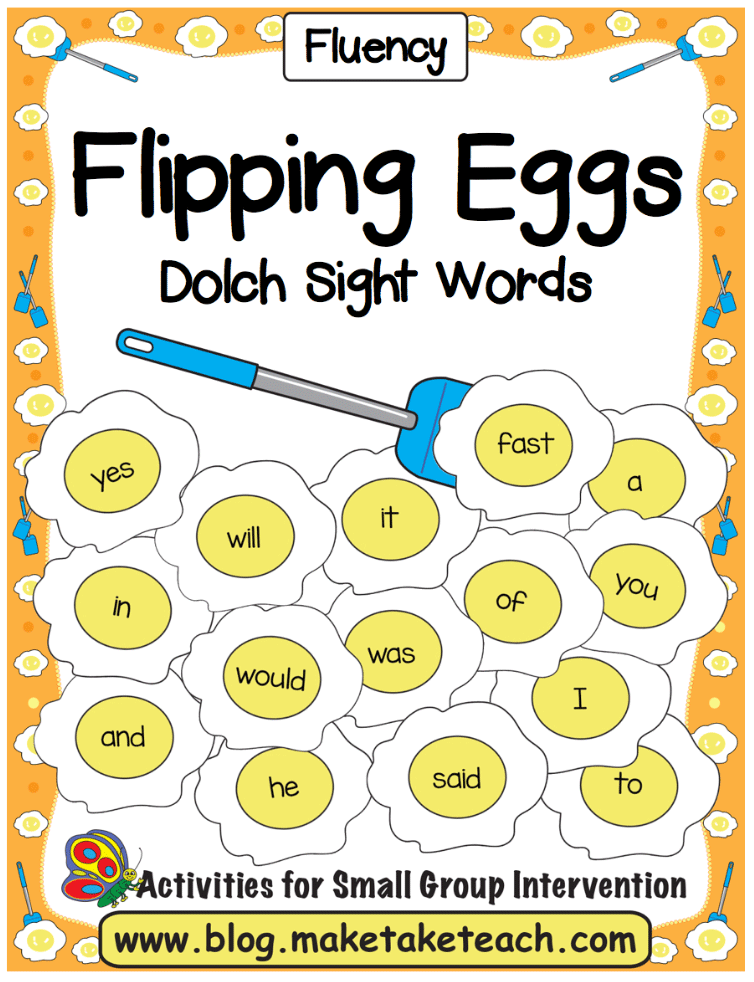 The French have everything “about something else”, whoever thinks that “appetite comes with eating” is about food, he is greatly mistaken. The French love to eat, but we love them not for that.
The French have everything “about something else”, whoever thinks that “appetite comes with eating” is about food, he is greatly mistaken. The French love to eat, but we love them not for that.
The point here is not only in the defects of upbringing, but also in the natural leveling of one's "I". A person usually does not notice his shortcomings well. But he also fails to notice his own virtues. From the inside, it seems to him that everything is natural. And the fact that his height is 150, and the fact that he has two arms and two legs, and that he knows 15 languages. What about something like that? Usually you can look at yourself by the reaction of other people, but socialism has twisted and severed human communications.
It should be taken into account that crypto-colonizers massively recruited technical intelligentsia from the lower strata of the population (Russian townspeople were killed), while people were drugged by propaganda. They incorrectly identify themselves with the bulk of the population, while this is a sample that differs sharply from it in several selection criteria, and is by no means grown in a barnyard, but in the best universities in the country. In such universities, representatives of the elite and middle class usually study. If commoners get there, then they FIRST OF ALL realize exactly who they are, where they got to, and who is next to them. Have us same people bear BOSH.
In such universities, representatives of the elite and middle class usually study. If commoners get there, then they FIRST OF ALL realize exactly who they are, where they got to, and who is next to them. Have us same people bear BOSH.
During the discussion, the thesis was put forward about the need for separate education, a differentiated approach to schoolchildren, etc. This is natural, I wanted to mention this myself, but then I decided that this is a separate issue. Ultimately, we are talking about a basic unified education, and now it cannot be divided. In the current political situation, this is even dangerous. Our people should have a common childhood. Children are not as different from each other as adults. Children's abilities are undeveloped and every child is naturally gifted. Then it disappears somewhere or is grown, but the children do not perceive each other as a class. Classes for them - age.
If we talk about the positive, then Kolmogorovism should be removed from the unified secondary school, more attention should be paid to languages and much more to communication.